Scientific Computing Track Panel Discussion
In Gather Town
Discussion will likely be biased towards high performance computing and programming models for heterogeneous architectures.
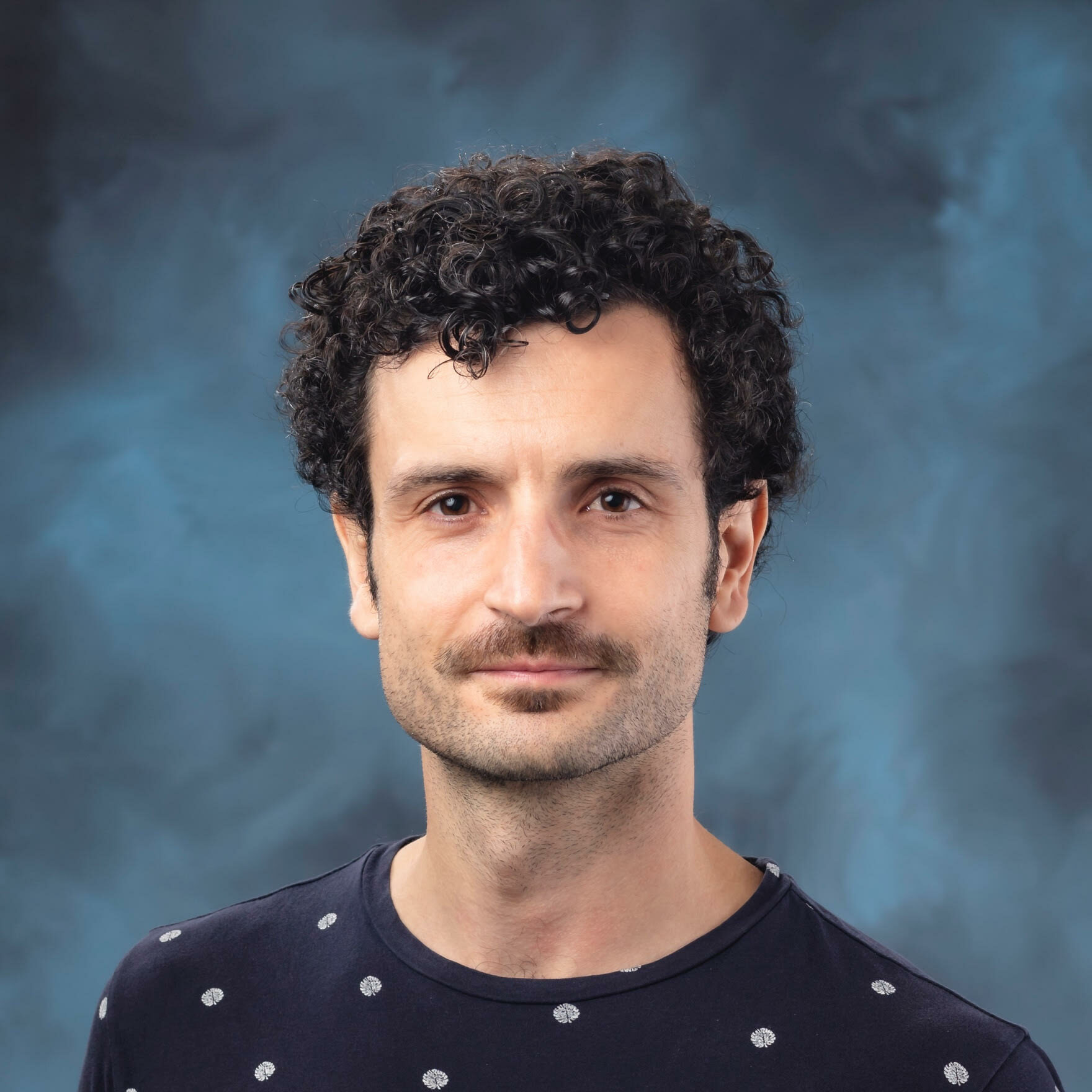
Moderator: Damien Lebrun-Grandie
Damien Lebrun-Grandié is a Computational Scientist with Oak Ridge National Laboratory. His research focus on the development of algorithms and enabling technologies for the solution of large-scale complex engineering and scientific problems. He is a high-performance computing expert and is a member of the ISO C++ Standards Committee. He co-leads the Kokkos performance portability library team. He holds a MEng in Applied Physics from Grenoble INP in France, and a MSc in Physics from Karlruhe Institute of Technology in Germany. He completed his PhD in Nuclear Engineering from Texas A&M University.
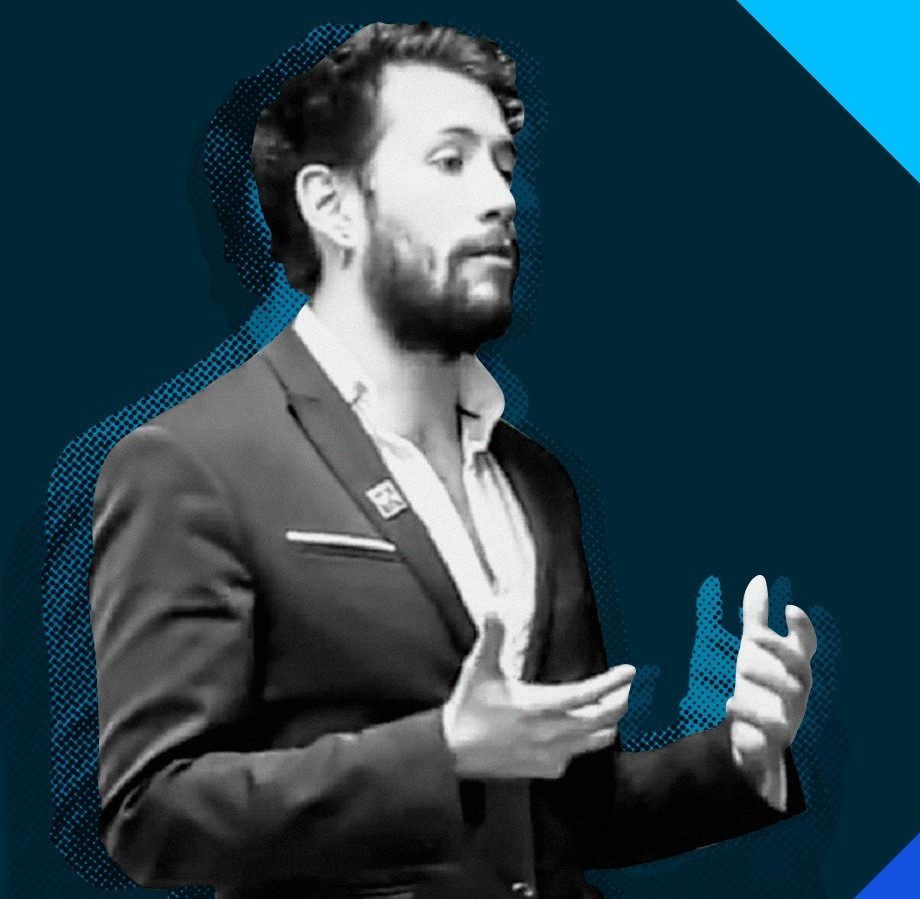
Panelist: Alejandro Saucedo
Alejandro is the Chief Scientist at the Institute for Ethical AI & Machine Learning, where he contributes to policy and industry standards on the responsible design, development and operation of AI, including the fields of explainability, GPU acceleration, ML security and other key machine learning research areas. Alejandro Saucedo is Director of Engineering at Seldon Technologies, where he leads teams of machine learning engineers focused on the scalability and extensibility of machine learning deployment and monitoring products. With over 10 years of software development experience, Alejandro has held technical leadership positions across hyper-growth scale-ups and has a strong track record building cross-functional teams of software engineers. He is currently appointed as governing council Member-at-Large at the Association for Computing Machinery, and is currently the Chairperson of the GPU Acceleration Kompute Committee at the Linux Foundation.
LInkedin: https://linkedin.com/in/axsaucedo
Twitter: https://twitter.com/axsaucedo
Github: https://github.com/axsaucedo
Website: https://ethical.institute/
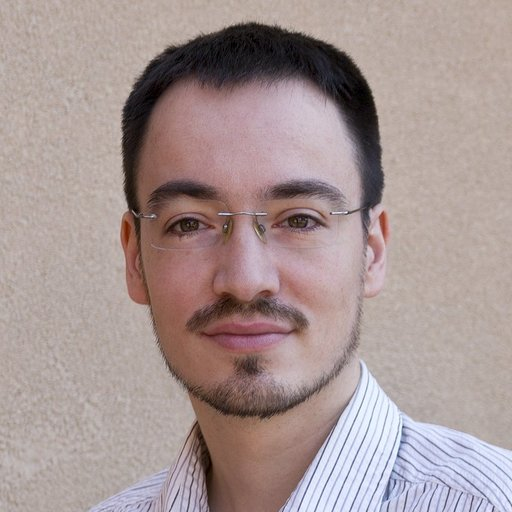
Panelist: Christian Trott
Christian Trott is a high performance computing expert working at the Sandia National Laboratories. He leads the multi-institutional Kokkos C++ Performance Portability Programming Model development team and is member of the ISO C++ Standards Committee focusing on future C++ capabilities for parallel and heterogeneous computing. Christian is currently focused on making sure that Kokkos is ready for the exa-scale era high performance computing architectures. He also leads the mdspan proposal for the C++23 standard, which will provide multidimensional array views with configurable data layouts and data access functions.
His prior scientific work focused on computational material research using ab-initio calculations, molecular dynamic simulations and monte carlo methods for investigations of ion-conducting glass materials.
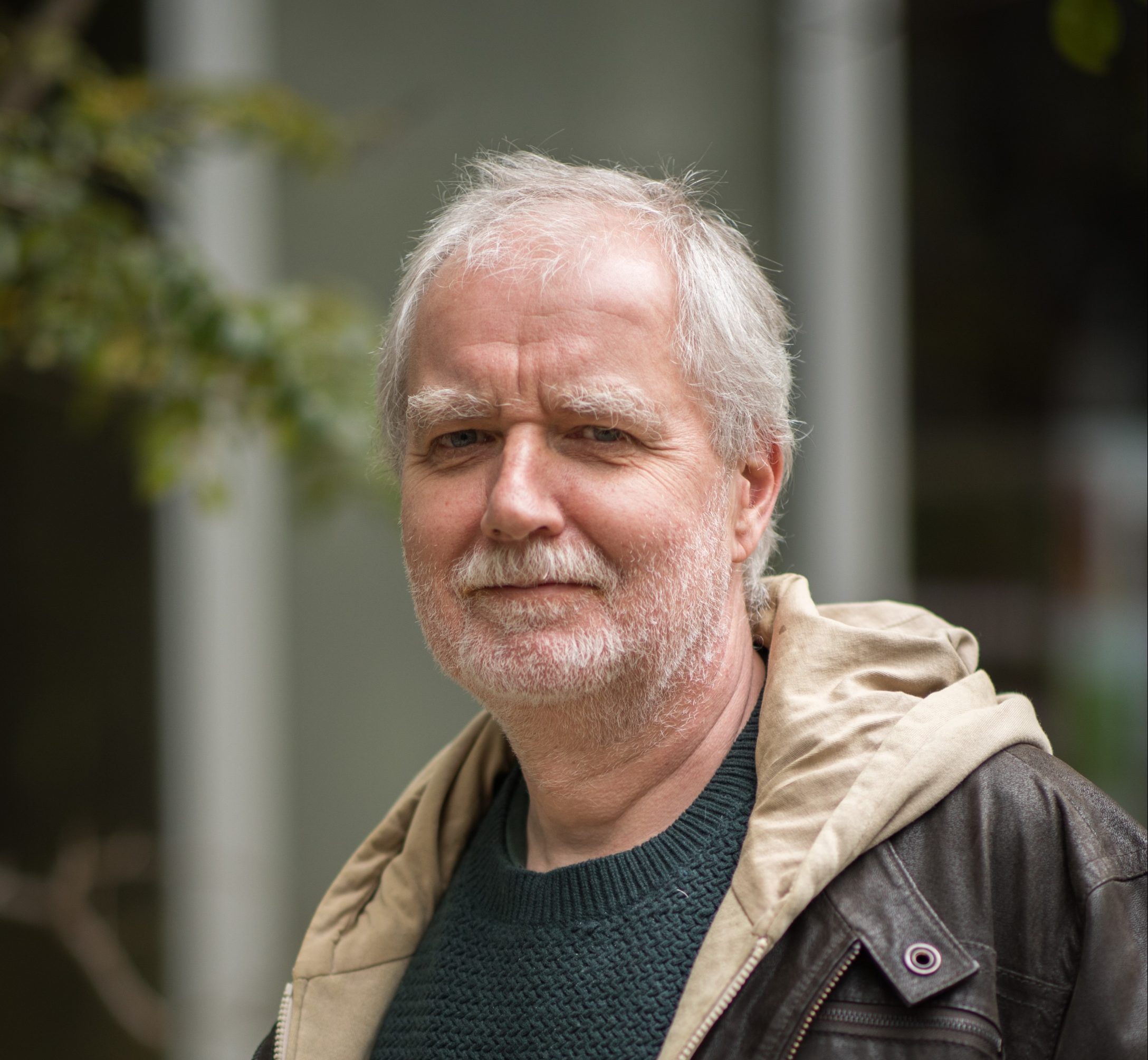
Panelist: Hartmut Kaiser
Hartmut is a research professor at Louisiana State Universities Center for Computation and Technology (CCT). He is probably best known for his involvement in open-source software projects, such as being the author of several C++ libraries he has contributed to Boost, which are in use by thousands of developers worldwide. His current research is focused on leading the STE||AR group at CCT working on the practical design and implementation of future execution models and programming methods. His research interests are focused on the complex interaction of compiler technologies, runtime systems, active libraries, and modern system's architectures. His goal is to enable the creation of a new generation of scientific applications in powerful, though complex environments, such as high-performance computing, distributed and grid computing, spatial information systems, and compiler technologies.
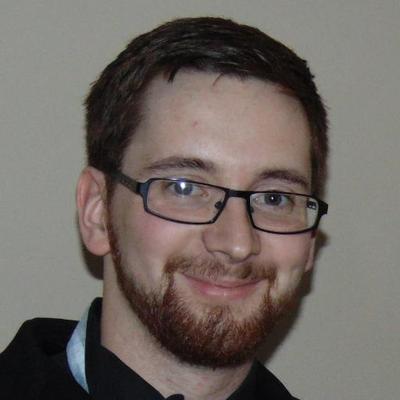
Panelist: Gordon Brown
Gordon Brown is a principal software engineer at Codeplay Software specializing in heterogeneous programming models for C++. He has been involved in the standardization of the Khronos standard SYCL and the development of Codeplay’s implementation of the standard; ComputeCpp, from its inception. More recently he has been involved in the efforts within SG1/SG14 to standardize execution and to bring heterogeneous computing to C++, including executors, topology discovery and affinity. Gordon is also a regular speaker at CppCon and teaches the CppCon class on parallelism and GPU programming in C++.
Panelist: Nevin Liber
Nevin “:-)” Liber is a Computer Scientist in the ALCF (Argonne Leadership Computing Facility) division of Argonne National Laboratory, where he works on the oneAPI/DPC++/SYCL backend for Kokkos for Aurora. He also represents Argonne on the SYCL and C++ Committees, the latter as Vice Chair of LEWGI/SG18. Back when he started out working at Bell Labs over three decades ago, a friend of his called and asked “What do you know about C++? You folks invented it!” That was enough to get a relatively shy junior engineer to go find the local expert so he could go play with it, and the rest is history! He has worked in C++ across various industries and platforms (big data, low-latency, operating systems, embedded, telephony and now exascale computing, just to name a few). He has also been a C++ Committee member since 2010 and hosted both the C++ and C standards meetings in Chicago.

